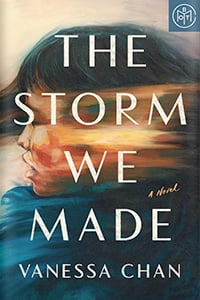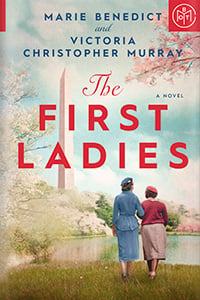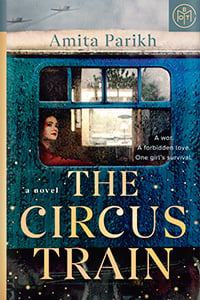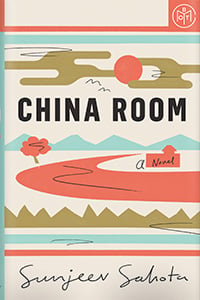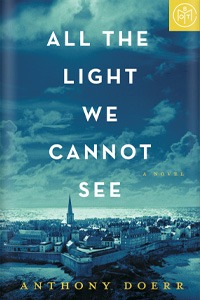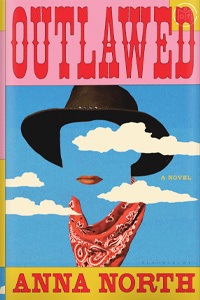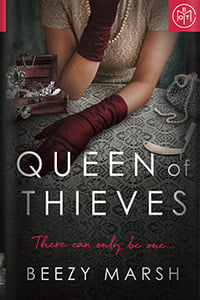

Historical fiction
Booth
by Karen Joy Fowler
Quick take
America’s most famous assassin came from a talented family of actors and troubadours. This is their cautionary tale.
Good to know
400+ pages
Multiple viewpoints
Literary
Real-life characters
Synopsis
In 1822, a secret family moves into a secret cabin some thirty miles northeast of Baltimore, to farm, to hide, and to bear ten children over the course of the next sixteen years. Junius Booth—breadwinner, celebrated Shakespearean actor, and master of the house in more ways than one—is at once a mesmerizing talent and a man of terrifying instability. One by one the children arrive, as year by year, the country draws frighteningly closer to the boiling point of secession and civil war.
As the tenor of the world shifts, the Booths emerge from their hidden lives to cement their place as one of the country’s leading theatrical families. But behind the curtains of the many stages they have graced, multiple scandals, family triumphs, and criminal disasters begin to take their toll, and the solemn siblings of John Wilkes Booth are left to reckon with the truth behind the destructively specious promise of an early prophecy.
Booth is a startling portrait of a country in the throes of change and a vivid exploration of the ties that make, and break, a family.
Free sample
Get an early look from the first pages of Booth.
Why I love it
Fiora Elbers-Tibbitts
BOTM Editorial Team
As an only child, I have always been fascinated by books about complicated sibling dynamics. How lucky I was, then, to come across Booth, a novel filled with all the jealousy, longing, and uncompromising love I crave in my fictional clans.
Booth captures a nation and family in flux. While the external world reckons with issues of race and a floundering new democracy, John Wilkes Booth—yes, that John Wilkes Booth—and his siblings slowly become attuned to the destructive forces within their own four walls. In-laws fight; the family pot dwindles; illness breaks out; and the imposing patriarch Junius’s increasingly bizarre behavior overshadows the quiet yearnings of his bright but more reserved children.
Karen Joy Fowler has taken larger-than-life historical characters and rendered them utterly human. From the moment I watched Junius walk with stones in his shoes as self-penance for a child’s passing, I was drawn into this 19th century, high-stakes world of life and death. At the same time, Fowler recognizes the quiet moments that form these children’s budding minds, their internal struggles to belong at a time when societal expectations were deemed more important than their own creative ambitions. Booth perfectly captures the balance between these emotional peaks and valleys and is the perfect read for anyone seeking a beautifully written story of family, ambition, grief, and resilience.














